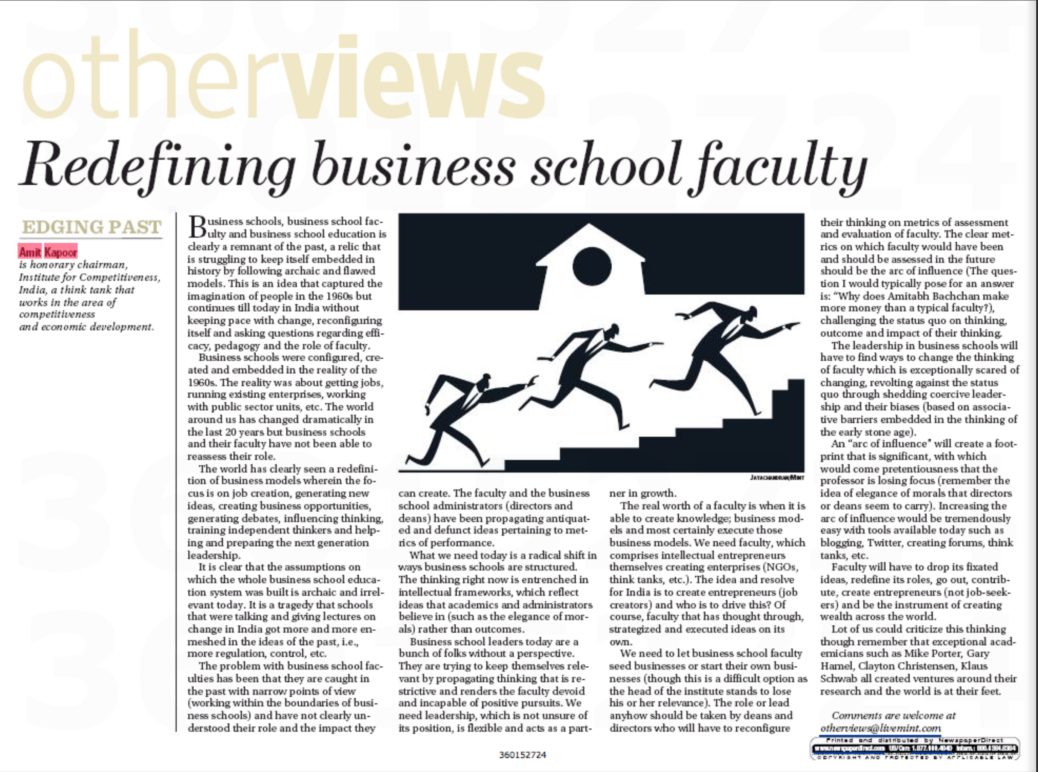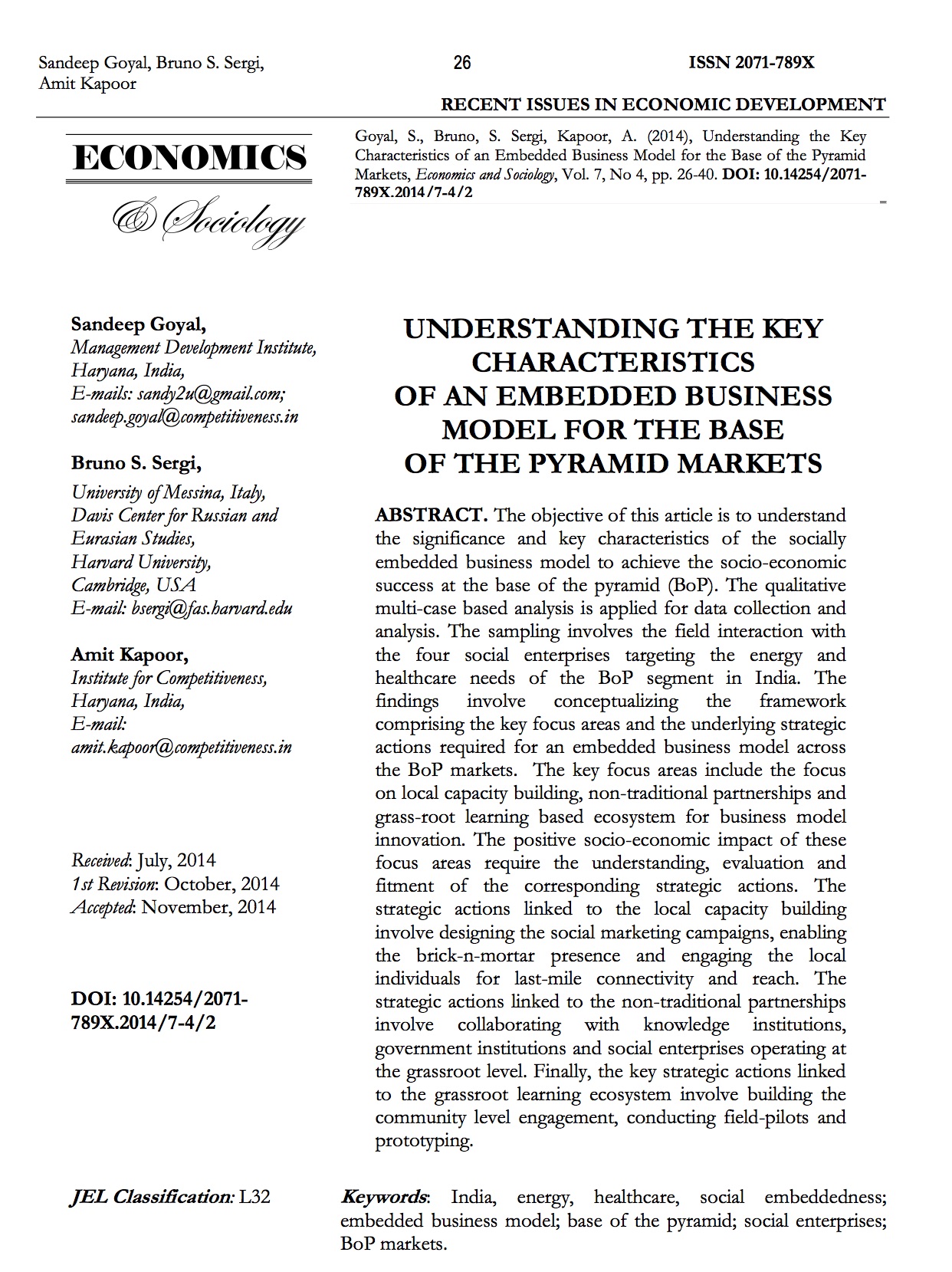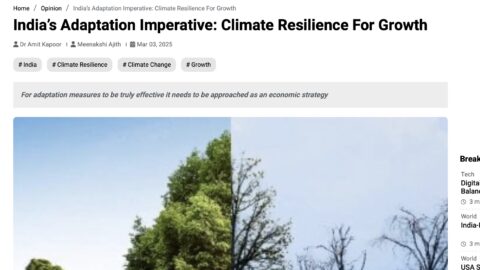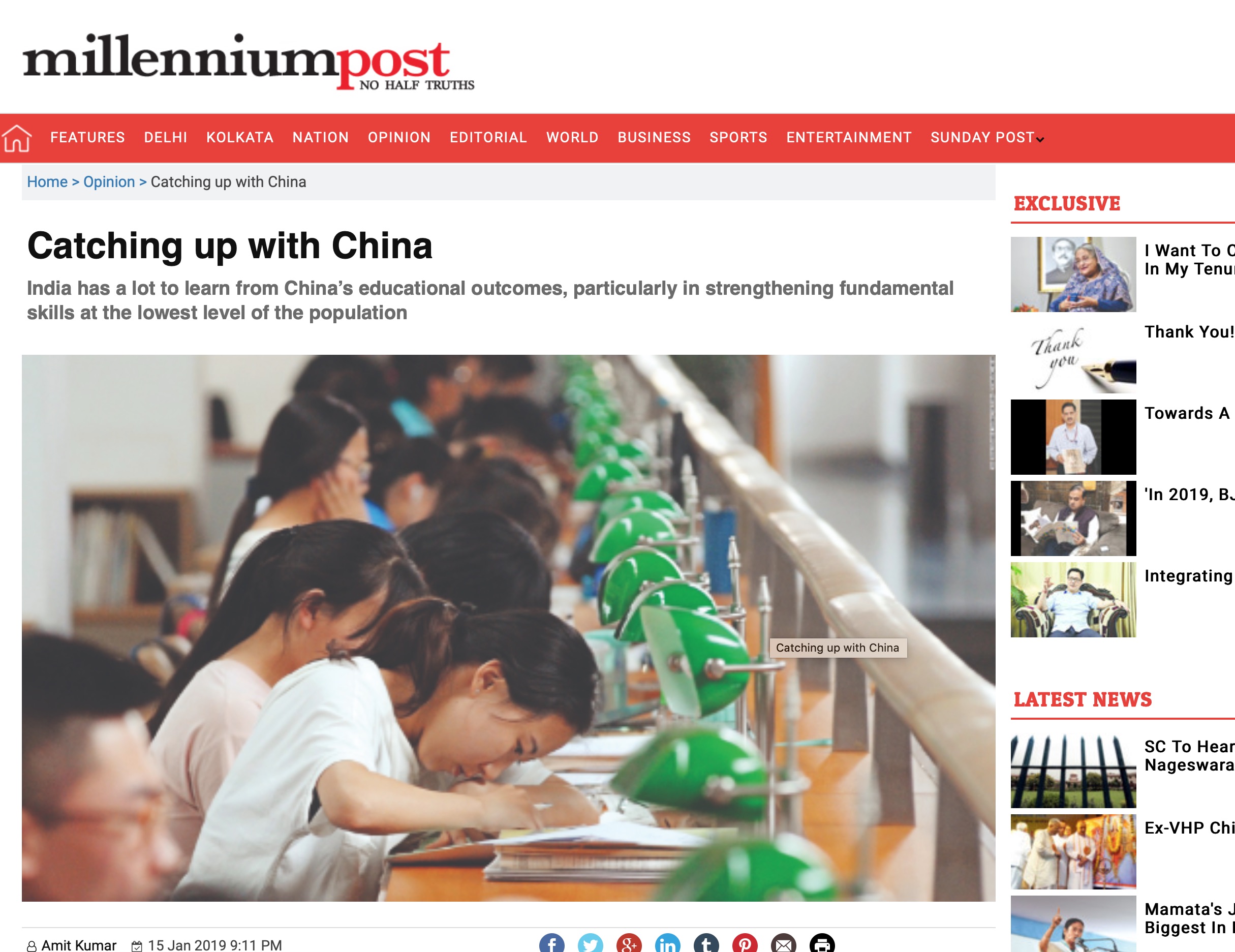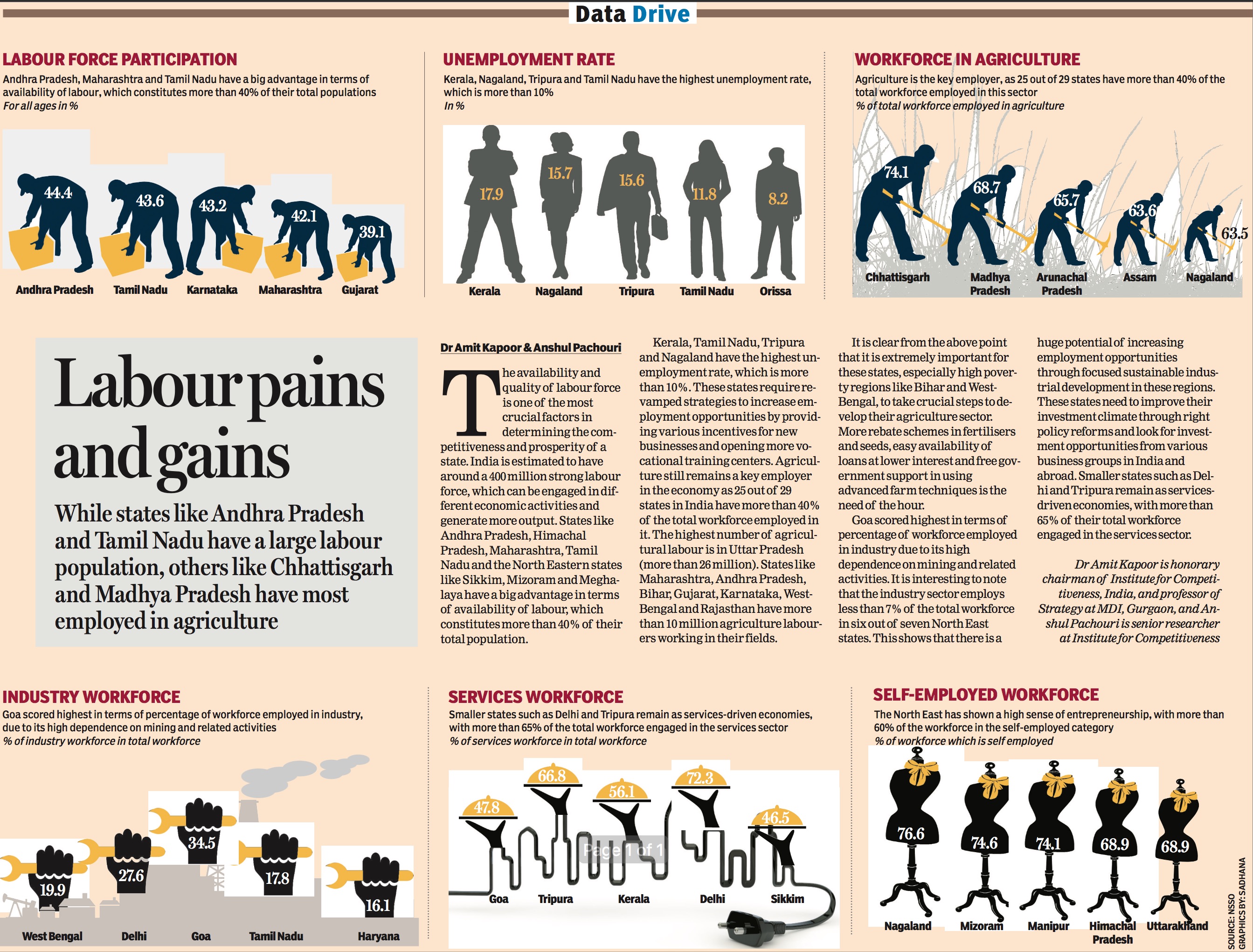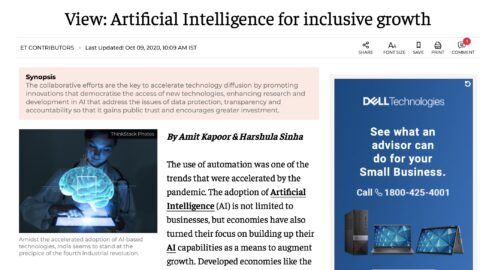Business schools, business school faculty and business school education is clearly a remnant of the past, a relic that is struggling to keep itself embedded in history by following archaic and flawed models. This is an idea that captured the imagination of people in the 1960s but continues till today in India without keeping pace with change, reconfiguring itself and asking questions regarding efficacy, pedagogy and the role of faculty.
Business schools were configured, created and embedded in the reality of the 1960s. The reality was about getting jobs, running existing enterprises, working with public sector units, etc. The world around us has changed dramatically in the last 20 years but business schools and their faculty have not been able to reassess their role.
The world has clearly seen a redefinition of business models wherein the focus is on job creation, generating new ideas, creating business opportunities, generating debates, influencing thinking, training independent thinkers and helping and preparing the next generation leadership.
It is clear that the assumptions on which the whole business school education system was built is archaic and irrelevant today. It is a tragedy that schools that were talking and giving lectures on change in India got more and more enmeshed in the ideas of the past, i.e., more regulation, control, etc.
The problem with business school faculties has been that they are caught in the past with narrow points of view (working within the boundaries of business schools) and have not clearly understood their role and the impact they can create. The faculty and the business school administrators (directors and deans) have been propagating antiquated and defunct ideas pertaining to metrics of performance.
What we need today is a radical shift in ways business schools are structured. The thinking right now is entrenched in intellectual frameworks, which reflect ideas that academics and administrators believe in (such as the elegance of morals) rather than outcomes.
Business school leaders today are a bunch of folks without a perspective. They are trying to keep themselves relevant by propagating thinking that is restrictive and renders the faculty devoid and incapable of positive pursuits. We need leadership, which is not unsure of its position, is flexible and acts as a partner in growth.
The real worth of a faculty is when it is able to create knowledge; business models and most certainly execute those business models. We need faculty, which comprises intellectual entrepreneurs themselves creating enterprises (NGOs, think tanks, etc.). The idea and resolve for India is to create entrepreneurs (job creators) and who is to drive this? Of course, faculty that has thought through, strategized and executed ideas on its own.
We need to let business school faculty seed businesses or start their own businesses (though this is a difficult option as the head of the institute stands to lose his or her relevance). The role or lead anyhow should be taken by deans and directors who will have to reconfigure their thinking on metrics of assessment and evaluation of faculty. The clear metrics on which faculty would have been and should be assessed in the future should be the arc of influence (The question I would typically pose for an answer is: “Why does Amitabh Bachchan make more money than a typical faculty?), challenging the status quo on thinking, outcome and impact of their thinking.
The leadership in business schools will have to find ways to change the thinking of faculty which is exceptionally scared of changing, revolting against the status quo through shedding coercive leadership and their biases (based on associative barriers embedded in the thinking of the early stone age).
An “arc of influence” will create a footprint that is significant, with which would come pretentiousness that the professor is losing focus (remember the idea of elegance of morals that directors or deans seem to carry). Increasing the arc of influence would be tremendously easy with tools available today such as blogging, Twitter, creating forums, think tanks, etc.
Faculty will have to drop its fixated ideas, redefine its roles, go out, contribute, create entrepreneurs (not job-seekers) and be the instrument of creating wealth across the world.
Lot of us could criticize this thinking though remember that exceptional academicians such as Mike Porter, Gary Hamel, Clayton Christensen, Klaus Schwab all created ventures around their research and the world is at their feet.
The article was published with Mint in the issue dated June 15, 2012.

